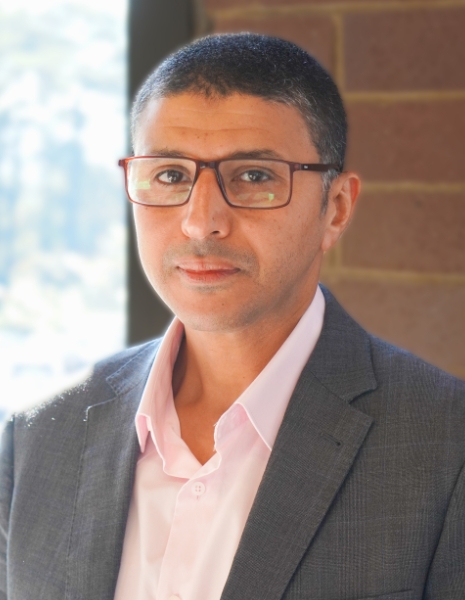Mohammad Khass, Ph.D., has joined the University of Alabama at Birmingham (UAB) Department of Endodontics as an assistant professor and research-intensive faculty member.
 A former DART program trainee, Khass earned his Master’s degree in Biochemistry where he focused on identifying polymorphisms in the methylenetetrahydrofolate reductase gene (MTHFR) in mothers of children with Down’s syndrome. He received his Ph.D. followed by postdoctoral training at the UAB where he gained expertise in immunology, specifically B cell and T cell repertoire biology.
A former DART program trainee, Khass earned his Master’s degree in Biochemistry where he focused on identifying polymorphisms in the methylenetetrahydrofolate reductase gene (MTHFR) in mothers of children with Down’s syndrome. He received his Ph.D. followed by postdoctoral training at the UAB where he gained expertise in immunology, specifically B cell and T cell repertoire biology.
Khass discovered a new mechanism of B cell selection at an early checkpoint, the preB cell receptor (preBCR) checkpoint, in the bone marrow. His findings described the role of different amino acids at specific positions within the antigen binding surface according to their physico-chemical properties. His work explained the reasons behind the difficulty in generating neutralizing antibodies in infections such as HIV and influenza. This fundamental work was recognized by publication as the first manuscript in the first issue of Science Immunology (Mohamed Khass et al., Science Immunology, 2016).
In the course of his studies, he observed that interference with preBCR selection led to bone fragility. This observation drove him to study osteoimmunology, with a focus on the interplay between early B cell progenitors and skeletal homeostasis.
One of his current research goals is to investigate how early B cells and their products influence skeletal system. His osteoimmunology research gained attention in the scientific field through 2018 and 2019 grant awards from The Arthritis National Research Foundation (ANRF) and 2022 award from the National Institute of Aging/NIH.
“Although I have a new interest in osteoimmunology, my interest in understanding the mechanisms that control B cell development and function continue,” says Khass.
“We welcome Dr. Khass as a valuable addition to our UAB community,” says Ashraf F. Fouad, department chair. “His passion for academics and research will undoubtedly contribute to the growth and success of our institution."